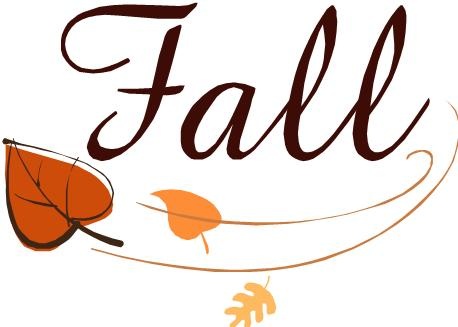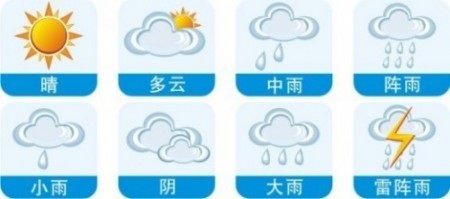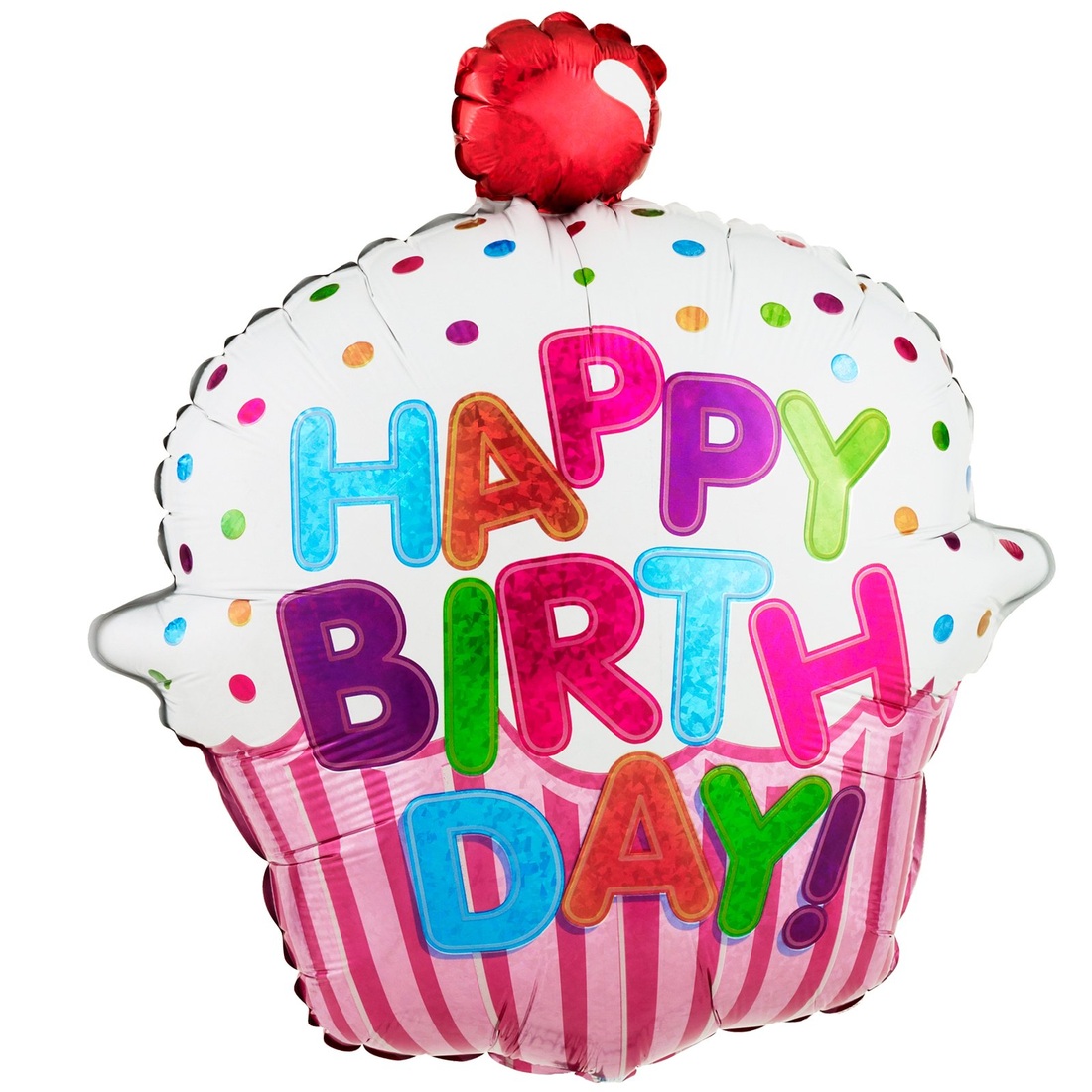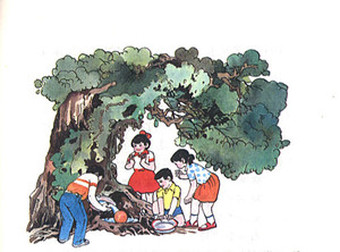|
The four tones of Chinese PinYin is the key and difficult point in Chinese pronunciation. Do you know where are the four tone marks? Try to mark the following words first.
1. yan (3). 2. ge (1) 3. mei (2). 4. sheng (3) 5. jiu (4) Did you mark the right position? (the answers please see the end of the article) Now let's understand the rules of PinYin together. Rules 1: When a syllable contains a single vowel only, the tone-mark is placed above the vowel. e.g. ā ō é ī ú ǚ ān èn ér ǐn ùn èng āng Rules 2: When a syllable contains or more vowels, the tone-mark should be placed above the main vowel (the one pronounced mone loudly and clearly ), e.g. āi āo ōu iè üè Rules 3: When a tone mark above the vowel "i", the dot over it sould be omitted. e.g. mí jǐng Rules 4: When " iu " or " ui " comes, the tone-mark should be placed above the terminal vowel, e.g. liú guī Answers: yǎn(眼) gē(歌) méi(没) shěng(省) jiù(旧)
0 Comments
When you are a beginner language learner, it is hard to know where to start. A lot of beginner students have a hard time pass beyond understanding basic greetings, pinyin, and counting numbers. It is easy to feel stuck. We spend a lot of time at our school talking about how to break the traditional method of teaching and provide students with a quick introduction to master the language. Here are some common mistakes: 1. Not practicing speaking fast enough Duolingo is quite popular right now. A lot of students ask our teachers if they can use it to learn Chinese. I think it is a fantastic way to improve vocabulary with it, but honestly, its Mandarin learning is still a bit lacking compared to the latin languages they offer. One thing it is missing is the practicing conversation component. That's why our first few lessons are focused on speaking and speaking fast. To gain confidence in speaking is quite important in the beginner stage. Our tips for speaking fast? Learn with a purpose. Master words and sentences you would use in your next conversation. 2. Not learning the cultural differences Language is very highly related to culture. Let's be honest, the eastern culture is very different from the western culture. That's why a lot of students say that learning Chinese is so much more difficult than learning French, Spanish, Italian etc... One thing comes to mind is on the difference in counting numbers. In English we count to thousand, then ten thousand. In Chinese, ten thousand is its own new unit. This changes how we do math by a lot! I always encourage students to learn as much as the culture as possible. 3. Not learn Chinese characters Chinese language is built on individual characters. Each character has specific meanings. The literal meanings of each characters are important. For example, sad (难过 Nánguò) means "hard to pass (time)" Neat, isn't it? Learning and understanding the concept of the character is very important for beginner students. Even if you don't want to be able to write and recognize them first, you should still match the characters to the pinyin and understand they exist! wǒ chī le 我吃了 (I ate) vs. wǒ chī de 我吃的 (I ate) I have been asked in my class what's the difference between past tense form "le" and "de". Thanks to many other great Chinese teachers on the internet, I now know the difference! Here‘s my two cents. The first sentence 我吃了 (wǒ chī le)is the simple past tense form meaning the action is complete. The second sentence 我吃的(wǒ chī de)is the modifying form emphasizing another part of speech in the sentence. In this case, it means "I ate." The emphasis is on "I" to mean "I am the person who ate it." If someone ask you, "Did you eat?" (你吃了吗?) you will say 我吃了(wǒ chī le). If someone ask you, "Who ate the cake?" (谁吃的蛋糕?)you will say, 我吃的 (wǒ chī de) Let's look at a more complicated one: 我昨天看了 (wǒ zuótiān kàn le)( I saw yesterday) vs. 我昨天看的 (wǒ zuótiān kàn de)(I saw yesterday) In a more complex sentence like above, "de" ending can be used to emphasize any part of the speech other than the verb. Question: Did you see it yesterday? (你昨天看了吗?Nǐ zuótiān kànle ma) Answer: I saw it yesterday. (我昨天看了。 wǒ zuótiān kàn le) Question: Who saw it yesterday? (谁昨天看的?shuí zuótiān kàn de) Answer: I saw it yesterday. (我昨天看的。wǒ zuótiān kàn de) Question: Which day did you see it? (你哪天看的? Nǐ nǎ tiān kàn de) Answer: I saw it yesterday. (我昨天看的。wǒ zuótiān kàn de) Another example: 我去了(wǒ qù le) I went. 我走路去的 (wǒ zǒu lù qù de) I went by walking. The second emphasize on the "how," not the verb "go" itself. I hope this helps! Here are some exercise:
Choose the correct answer based on question. 1. When did he do it? a) 他昨天做的。Tā zuótiān zuò de ("zuò“ means "do" b) 他昨天做了。Tā zuótiān zuò le 2. How did he do it? a) 我教他了。Wǒ jiāo tā le ("jiāo" means "teach") b) 我教他的。Wǒ jiāo tā de 3. Did he do it? a) 他昨天做的。Tā zuótiān zuò de b) 他昨天做了。Tā zuótiān zuò le 4. Who did it yesterday? a) 他昨天做的。Tā zuótiān zuò de b) 他昨天做了。Tā zuótiān zuò le
Here is some basic Chinese in flash cards. If you can't see, please click the direct link below the cards. Access to test and games of this set of cards by going to theCram website.
Describe Weather in Chinese
Hi~ Sorry that I haven't posted for quite long time. Here is a lesson on weather. Enjoy!
First, let's learn these new words.
Most Chinese characters has one unique pinyin for itself. However, some characters has more than one pinyin. The character 一 and 不 change their tones depends on what follows behind them.
The basic tone of numeral "一” is 1st tone (yī).When read alone, or in counting or in numbers, its basic tone is used. The tone of "一“ may vary with the tone of the syllable that comes after it: if followed by the 1st, 2nd or 3rd tone, "一” is pronounced as the 4th tone; if it is followed by a "4th" tone, it is pronounced as the 2nd tone. Example: yī , èr, sān 一, 二, 三 (one, two, three) yì tiān 一 天 (one day) yì nián 一 年 (one year) yì běn 一 本 ( one [measure word for books]) yí gè 一 个 ( one [measure word ge]) Similar rule applies to the character "不" bù zhī dào 不 知 道 (don't know) bù míng bai 不 明 白 (don't understand) bù hǎo 不 好 (not good) bú shì 不 是 (no) Conversation One
Conversation Two Míngtiān shì zhōu liù, nǐ hé Tom yǒu shíjiān ma? Zánmen yīqǐ qù dǎ gāo'ěrfū ba A: 明天是周六,你和Tom有时间吗?咱们一起去打高尔夫吧。 Tomorrow is Saturday, do you and Tom have time? Let's go play golf. Duìbùqǐ, míngtiān wǒmen dōu yǒu gōngzuò. Xià xīngqí xíng ma? B: 对不起,明天 我们 都 有 工作。下星期行吗? Sorry, tomorrow we both have work. How about next week? Méi wèn tí A: 没问题! No problem! Days of the week xīng qí yī (zhōu yī)
Monday 星期一 (周一) xīng qí'èr (zhōu'èr) Tuesday 星期二 (周二) xīng qí sān (zhōu sān) Wednesday 星期三 (周三) xīng qí sì (zhōu sì) Thursday 星期四 (周四) xīng qí wǔ (zhōu wǔ) Friday 星期五 (周五) xīng qí liù (zhōu liù) Saturday 星期六 (周六) xīng qí rì (xīng qí tiān/ zhōu rì) Sunday 星期日 (星期天 / 周日)
Conversation 1 chén xiǎo jiě, jīn tiān wǎn shàng nǐ yǒu kòng er ma?wǒ xiǎng qǐng nǐ chī wǎn fàn。 Nancy : 陈小姐, 今天 晚 上 你有 空儿 吗?我 想 请 你 吃 晚饭。 Miss Chen, are you free tonight? I want to invite you to eat dinner. jīn tiān wǎn shàng wǒ yǒu shì er。zhēn duì bù qǐ。 Miss Chen: 今天 晚上 我 有 事儿。真对不起。 Tonight, I have something to do. I'm really sorry. méi guān xì Nancy: 没关系。 No problem. Conversation 2 nǐ zhōu mò zuò shén mē? wǒ men yì qǐ qù hē chá, hǎo ma?
A: 你周末 做什么? 我们 一起去喝茶, 好吗? what are you doing for weekend? Let's drink tea together, okay? hǎo à. zài nǎ er jiàn miàn? B: 好啊。 在哪儿见面? Sure. Where should we meet? Smart Stories for Kids in Chinese
Chinese radical (san dian sui)氵is a radical. It means water. It is called 三点水(sān diǎn shuǐ )Chinese characters can be formed with a radical on the left and another element word on the right. Radicals gives meaning to the character, and the element part helps you to pronounce it.
Look at the text and write down all characters that has the 氵radical and find out their pinyin and meaning. 洞 氵+ 同 Lesson: 这个用汉语怎么说?
There are several ways to ask someone, "how to say this in Chinese?" Let's learn some basic ones and some other useful sentences Examples: Looking for translation "water“ yòng hàn yǔ zěn me shuō? 1. "Water“ 用 汉 语 怎么 说? How to say "Water" in Chinese? “Water”, hàn yǔ shì shén mē? 2. "Water”, 汉语是 什么? What is “water" in Chinese? nǐ men zěn me shuō “I love you?" 3. 你 们 怎 么 说 "I love you?" How do you say "I love you?" Asking for meanings "fàn guǎn”shì shén me yì si 1. "饭馆” 是 什么 意思? What does "fan guan" mean? “ fàn guǎn” gēn “ fàn diàn” yī yàng ma? 2. “饭馆” 跟 “饭店” 一样 吗? Does "fan guan" and "fan dian" mean the same? Other useful sentences nǐ shuō huà tài kuài le 1. 你 说话 太 快 了。 You speak too fast. qǐng zài shuō yī biàn 2. 请 再 说 一遍。 Please say it again. |
JoannaExperienced Mandarin Teacher for 13 years. Archives
April 2022
Categories
All
|









 RSS Feed
RSS Feed